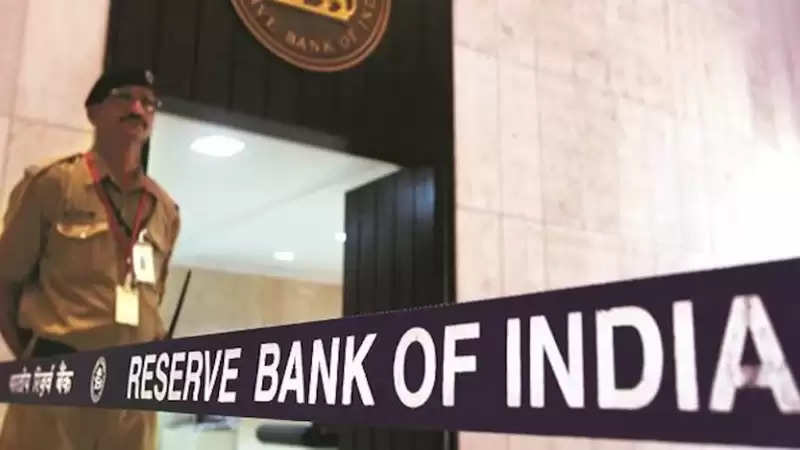
Fraud in the banking sector has increased significantly in the last few years. Especially after digitalization, cyber criminals are defrauding people in new ways. Sometimes they ask for OTP by showing fear of closure of debit or credit card and sometimes they clear the account by cloning the ATM card.

The Reserve Bank has come up with guidelines and action list to protect customers from fraud, following which you can avoid banking fraud.
Do not share personal information with anyone
The first rule to avoid banking fraud is to never share your personal information with anyone. Be it mobile banking password, ATM PIN or CVV. If someone is asking for OTP on the phone with the fear that your debit or credit card will be blocked, then do not give him OTP even by mistake.
Activate alerts immediately
If banking fraud happens to you, you can take any action against it only if you get information about it on time. For this you should activate instant alerts for all banking transactions. As soon as you notice any wrong transaction, inform the bank immediately. The more you delay it, the greater the possibility of loss.
Keep bank contact details safe
Most banks in the country provide 24×7 assistance to customers to report unauthorized transactions through various means ranging from website and phone banking to toll-free helplines. You should keep these safely in your phone so that in case of any emergency, you can immediately contact the bank and give it the necessary information. This will give the bank an opportunity to take timely action.

What happens if I give information to the bank?
According to RBI rules, if you have not shared your payment details with anyone and have filed a fraud complaint with the bank within three days, all your losses will be compensated. The bank has to resolve the complaint from the customer within 90 days of receiving it. Otherwise a complaint can be made to RBI.
 look news india
look news india